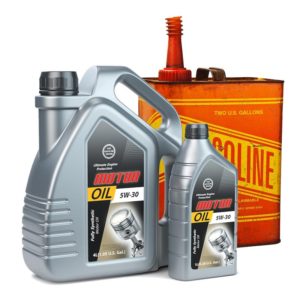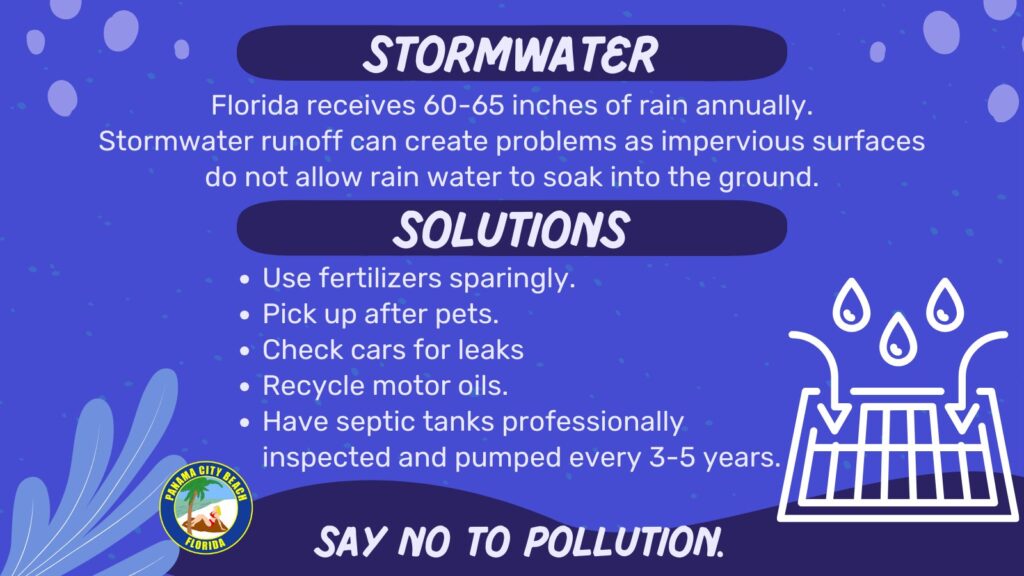Motor oil is a common household item that many people use without realizing the potential hazards it can pose to the environment and human health. Understanding why motor oil is hazardous is crucial in order to take the necessary precautions when handling and disposing of it.

Credit: recycleright.org

Credit: www.lubrita.com
Chemical Composition
Motor oil is made up of a variety of chemicals, including hydrocarbons, heavy metals, and additives. These chemicals can be harmful to the environment and living organisms if they are not properly managed.
Hydrocarbons
Hydrocarbons are organic compounds that are found in motor oil. When motor oil is spilled or leaked, these hydrocarbons can contaminate soil and water sources, posing a threat to plants, animals, and humans.
Heavy Metals
Motor oil also contains heavy metals such as lead, cadmium, and arsenic. These metals can be toxic to both humans and wildlife if they enter the food chain or water supply.
Additives
Additives in motor oil, such as detergents and dispersants, can be harmful if they are released into the environment. These chemicals can disrupt ecosystems and harm aquatic life.
Environmental Impact
Improper disposal of motor oil can have serious consequences for the environment. When motor oil is poured down drains or dumped on the ground, it can seep into soil and groundwater, contaminating it with toxic chemicals.
Soil Contamination
Motor oil can have a long-lasting impact on soil quality. It can inhibit plant growth and disrupt the balance of nutrients in the soil, leading to decreased fertility and biodiversity.
Water Pollution
Motor oil that enters water sources can have devastating effects on aquatic ecosystems. It can coat the surface of water bodies, preventing oxygen exchange and sunlight penetration, which can harm fish and other aquatic organisms.
Health Risks
Exposure to motor oil can pose serious health risks to humans. Inhalation of motor oil fumes or skin contact with the oil can lead to a range of health issues, including respiratory problems, skin irritation, and even cancer.
Air Pollution
When motor oil is burned in engines, it releases harmful pollutants into the air, contributing to air pollution and respiratory problems in humans. This can have a significant impact on public health, especially in urban areas.
Skin Contact
Direct contact with motor oil can cause skin irritation and dermatitis. Prolonged exposure can lead to more serious health issues, such as chemical burns and absorption of toxic chemicals through the skin.
Proper Disposal
To minimize the hazards associated with motor oil, it is important to dispose of it properly. Recycling used motor oil is the best way to prevent environmental contamination and reduce health risks.
Recycling Centers
Many auto parts stores, service stations, and recycling centers accept used motor oil for recycling. By taking your used motor oil to one of these facilities, you can ensure that it is disposed of in an environmentally friendly manner.
Diy Recycling
If you change your own motor oil, you can recycle it at home using a drip pan and a container with a tight-fitting lid. Once you have collected the used oil, take it to a recycling center for proper disposal.
Professional Disposal
If you are unable to recycle motor oil yourself, you can hire a professional waste disposal company to collect and dispose of it safely. This ensures that the oil is handled and disposed of in compliance with environmental regulations.
Conclusion
Motor oil is hazardous due to its chemical composition, environmental impact, and health risks. By understanding these hazards and taking proper precautions when handling and disposing of motor oil, we can protect the environment and human health from the dangers associated with this common household item.
Remember, proper disposal of motor oil is essential to prevent contamination of soil and water sources, as well as to reduce the risk of health issues caused by exposure to toxic chemicals. By recycling used motor oil and following best practices for disposal, we can all do our part to minimize the hazards of motor oil and protect our planet for future generations.


